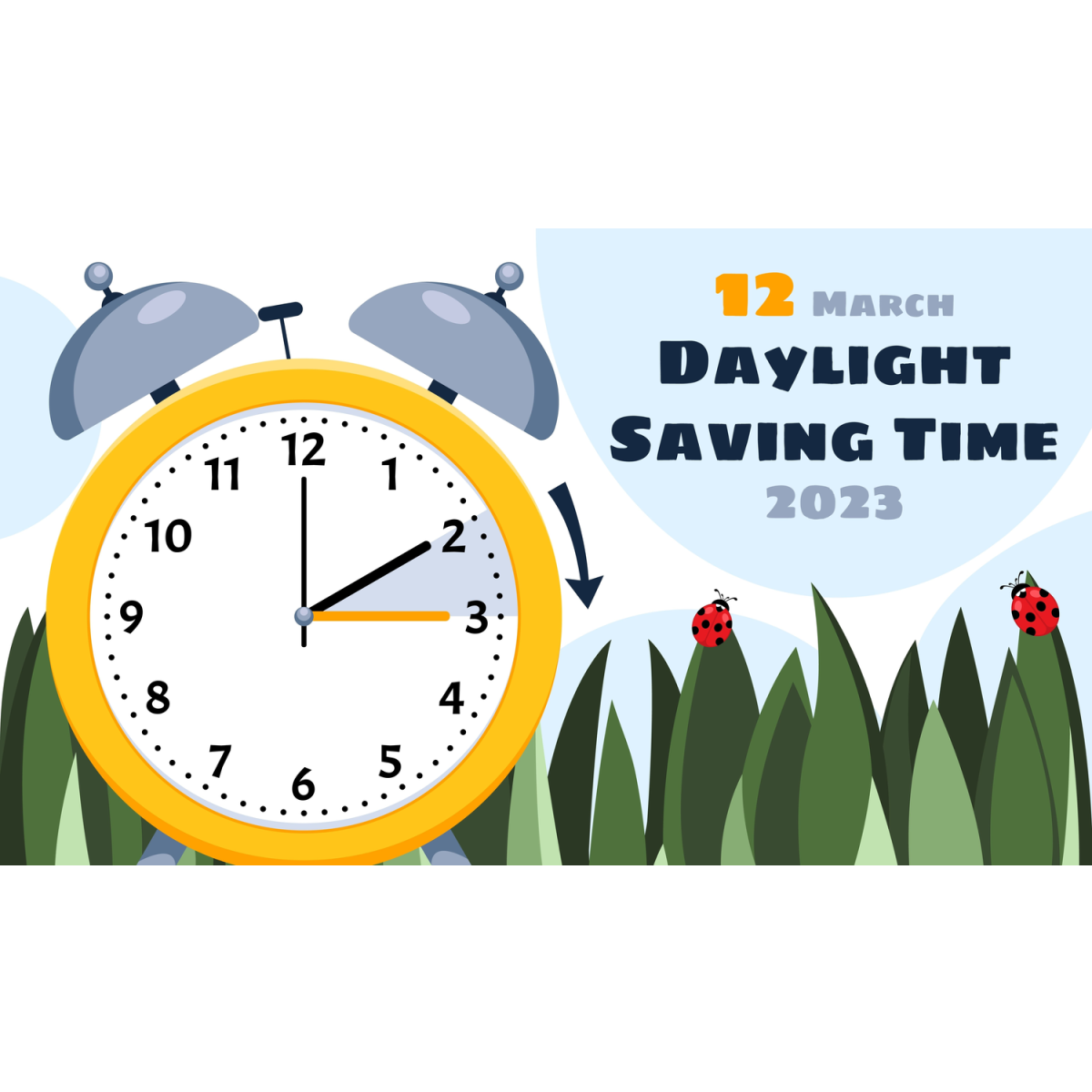On Sunday, March 12, 2023, at 2:00 A.M., we will “spring forward” one hour, and for many, that means a tired couple of days as our bodies adjust. The consequences of fatigue can be severe, so plan accordingly.
The annual shift to Daylight Savings Time (DST) can cause disruptions to our daily routines, resulting in fatigue and lack of focus at work and while driving. This can lead to a higher risk of accidents due to drowsiness or distraction. While the benefits of Daylight Savings Time are undeniable, we must take steps to mitigate the adverse effects of the change in time.
CAR ACCIDENTS
Spring daylight savings time significantly impacts driving safety, and fatal accident is highest in the morning. According to a study in Current Biology, DSTincreases fatal motor vehicle accident risk by 6%. One factor contributing to the rise in accidents is the change in people’s schedules. When the time changes, people have difficulty adapting to new daylight hours, which means visibility changes during your typical commute in the morning.
WORKERS INJURIES
According to studies by the American Phycological Association and the Bureau of Labor Statistics, those in hazardous work environments, such as truck drivers and factory workers, are particularly vulnerable to DST's effects on their health and safety.
This means tired workers show up on the job, which increases injuries. Turning the clocks forward one-hour results in workers showing up on the job with 40 minutes less sleep, a 5.7 percent increase in workplace injuries, and nearly 68 percent more workdays lost to injuries. On average, there were 3.6 more injuries on Mondays following the switch to daylight saving time compared to other days, and 2,649 more workdays were lost due to those injuries. That's approximately a 68 percent increase in lost workdays.
PREPARE FOR DAYLIGHT SAVINGS TIME TO PREVENT ACCIDENTS & INJURIES
The time change in the fall is inevitable. Therefore, it is essential to address measures individuals can take to increase their safety in dangerous situations.
Here are a few recommendations for a safer daylight savings time this fall.
● Give yourself extra time to wake up in the morning.
● Gradually adjust your bedtime before the time change.
● Adjust your car headlights according to the sunlight.
● Take your time with typical daily tasks if you feel tired.
● Allow yourself time to rest.
In addition to these safety tips, being aware of others’ actions is also essential. Just because you’ve taken the time to prepare for the change doesn’t mean that others have. If you are aware of what’s going on around you, you can help prevent accidents of all kinds.
Patch & FitzGerald has successfully represented clients and won complex cases in New Hampshire for over 35 years. Call us today at 603-647-2600 for a free consultation. We only get paid when you do!
